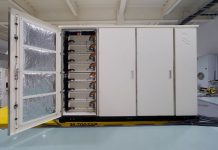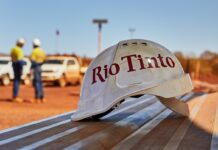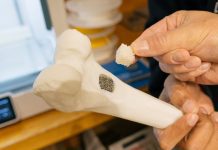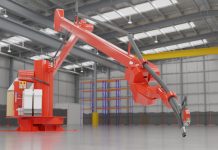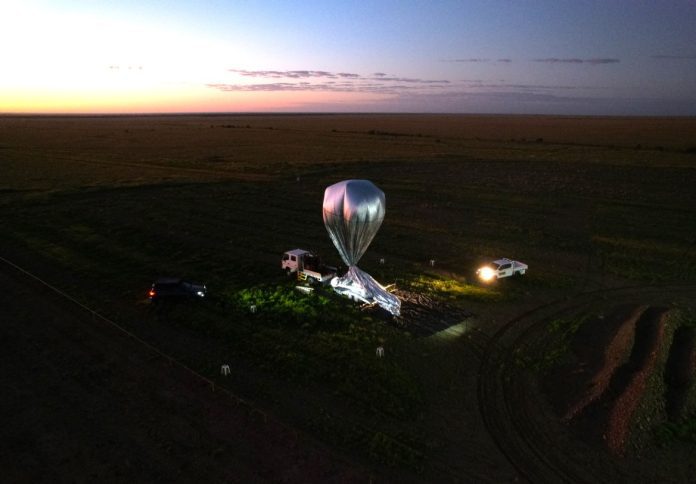
Aerospace startup Stratoship has completed a breakthrough validation flight of its high-altitude airship, surpassing engineering targets in a test that aims to reduce Australia’s reliance on foreign satellites for communications and observation.
The Brisbane-based company conducted the remotely piloted test flight on May 5 out of Corfield Racecourse, approximately 85 kilometres north of Winton in central west Queensland.
The airship launched at 7:55am, reached the stratosphere by 9:00am, remained at high altitude for around eight hours, and landed at 7:08pm, completing an 11-hour flight, as revealed in a news release.
The test is a key milestone for Stratoship, which is developing the airship as a flexible platform for persistent communication and monitoring over targeted areas, particularly during natural disasters such as bushfires.
Unlike traditional orbiting satellites, the airship can remain stationary in the stratosphere, delivering continuous high-resolution data and communications.
“Our flight on May 5th lasted more than 11 hours including 8 hours in the stratosphere, which exceeded our expectations for this flight,” said Daniel Field, managing director and Engineering Lead at Stratoship.
“Our roadmap to multi-day flights includes use cases for communications, observation – even fire detection.”
Stratoship’s platform is designed to operate at around 20 kilometres above Earth, more than twice the cruising altitude of commercial aircraft.
It is payload agnostic, capable of carrying various sensors or communications equipment depending on the mission.
The flight was developed with support from the Advanced Robotics for Manufacturing (ARM) Hub, which has been working with Stratoship over the past 12 months through technical collaboration and access to its commercialisation network.
Stratoship is also participating in ARM Hub’s Female Founders Scale-up Manufacturing Program, with COO Jennifer Williams leading development of the ship’s real-time livestream capability.
“ARM Hub has contributed to Stratoship not just with the network that it offers; but also helping us with a lot of the research engineering and decision-making along the way,” said Williams.
“If we hadn’t been at ARM Hub for the past 12 months, we wouldn’t be in the same situation we are in today.”
Stratoship is also receiving ARM Hub’s assistance in engaging with the Australian Government’s Industry Growth Program to streamline its production process and accelerate the path to aviation certification.
“While we’re still in early engineering development, our recent flight success validates our core design principles,” Field said.
“We’re particularly focused on ensuring gas-tight manufacturing to minimise helium escape, which is crucial for extending stratospheric endurance toward our multi-day operational goals.”
ARM Hub CEO Cori Stewart said the project reflects the broader importance of local capability building in emerging industries.
“Innovation shown by companies like Stratoship is essential for Australia,” Stewart said. “Developing, commercialising and scaling breakthrough ideas for global success is how we build sovereign capability, create high-value jobs, and ensure a future-ready industrial economy.”
Stratoship’s innovation comes amid growing attention to Australia’s vulnerability in space-based services, with the Australian Centre for Space Governance highlighting risks associated with foreign satellite dependency in areas such as emergency response, agriculture, and regional connectivity.
A video outlining the project and its potential use cases is available at this link.



